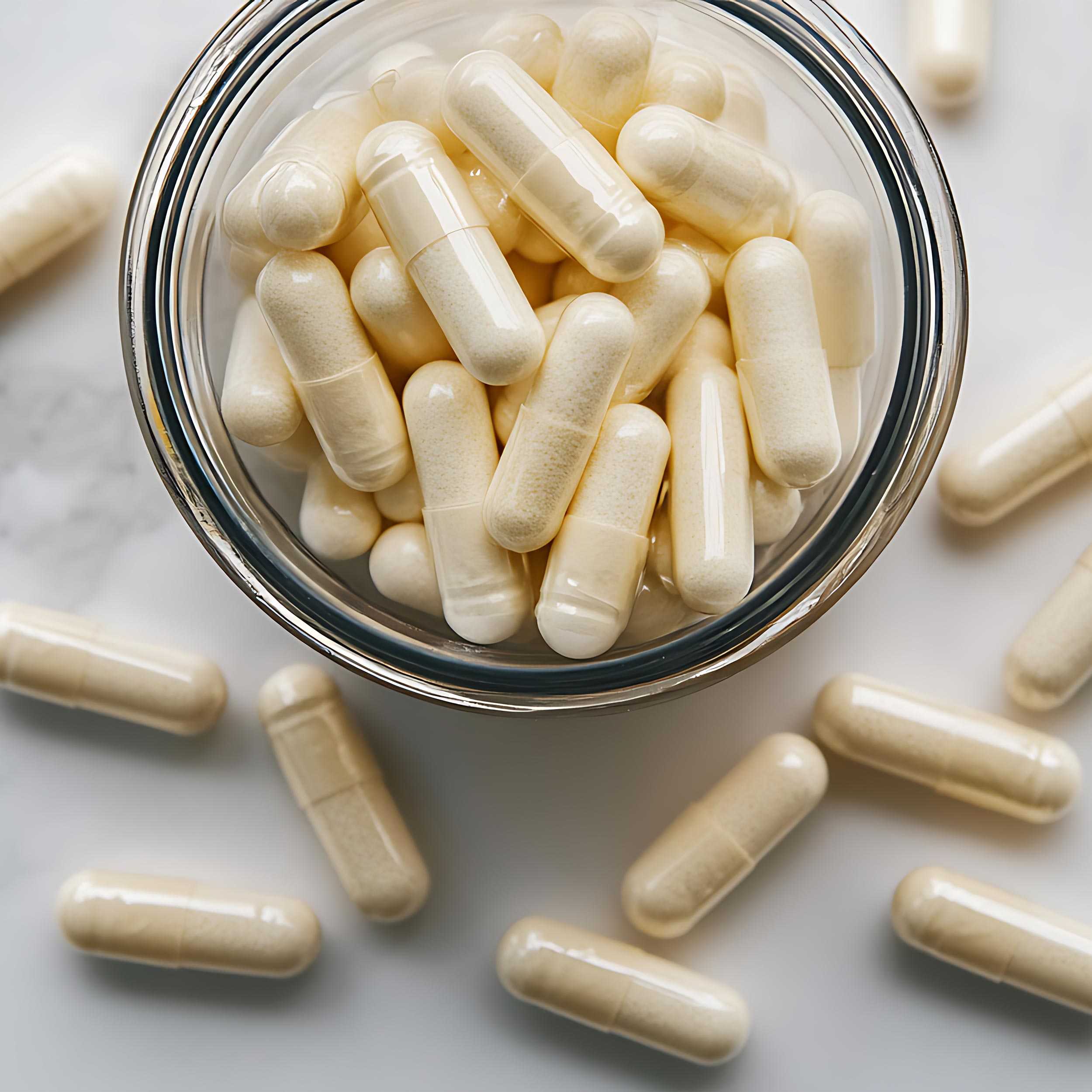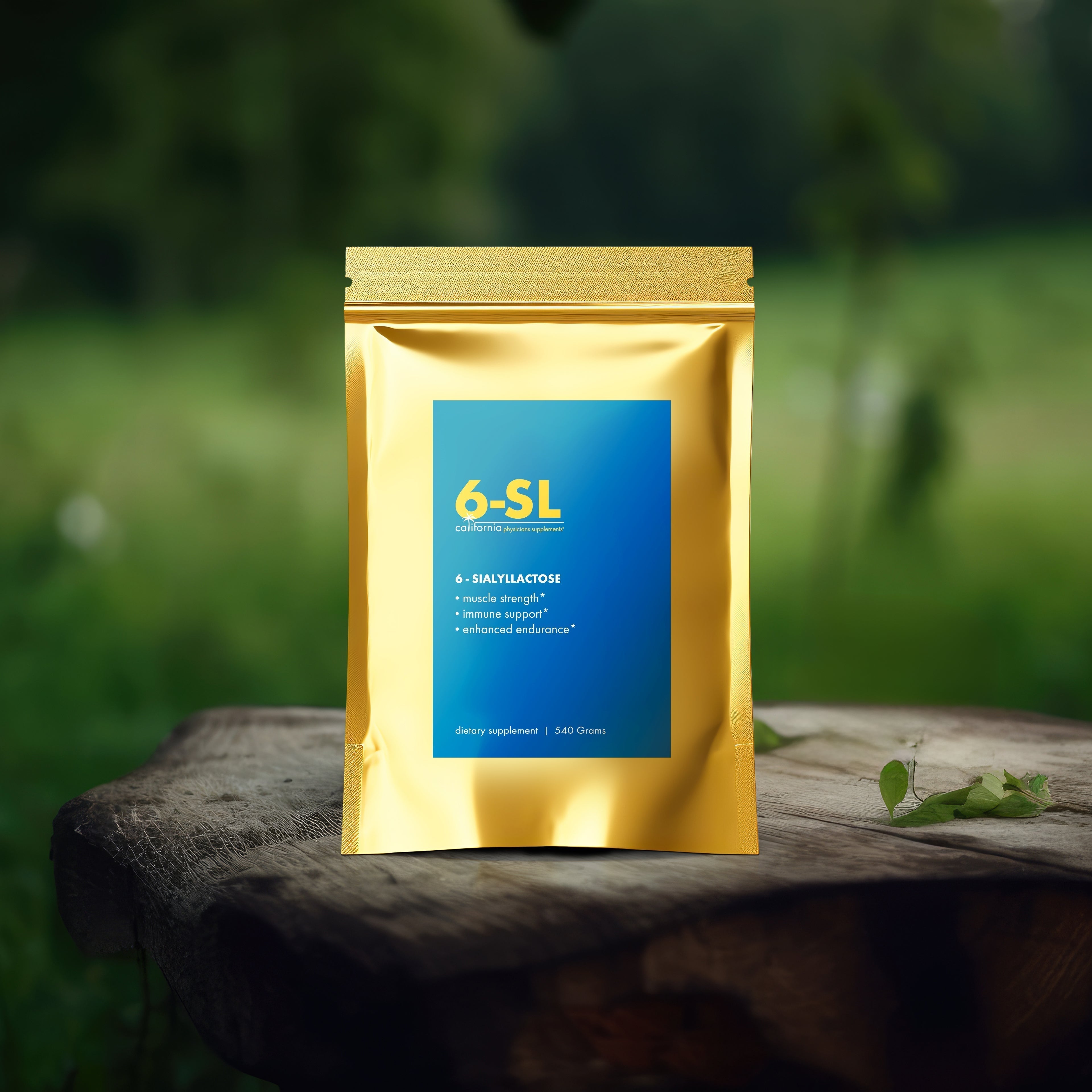
Glucosamine supplements may reduce risk of death just as much as regular exercise
MORGANTOWN, W.Va. — Glucosamine, an amino sugar and natural compound found in cartilage, is often used as a dietary supplement. Athletes or individuals who suffer from joint pain often turn to the supplement as a potential source of relief. It turns out the benefits may be far greater than just pain relief. An eye-catching new study from West Virginia University is reporting glucosamine supplements may actually reduce one’s risk of cardiovascular-related death — and death in general for that matter — just as much as a regular exercise routine.
Considering how essential regular exercise is, these findings are sure to raise an eyebrow or two.
“Does this mean that if you get off work at five o’clock one day, you should just skip the gym, take a glucosamine pill and go home instead?” says study leader Dana King, professor and chair of the Department of Family Medicine, in a release. “That’s not what we suggest. Keep exercising, but the thought that taking a pill would also be beneficial is intriguing.”
King and her co-authors took data on 16,686 people (at least 40 years old) originally collected by the National Health and Nutrition Examination Survey between 1999-2010. They then combined those statistics with mortality figures from 2015.
Glucosamine can reduce risk of death by up to 65 percent
Even after accounting for various other factors (age, sex, smoking habits, exercise levels), the research team’s analysis showed that taking glucosamine/chondroitin on a daily basis for at least a full year is linked to a 39 percent drop in all-cause mortality. Regarding cardiovascular-related fatalities specifically, a daily glucosamine supplement is linked to a 65 percent death risk reduction.
“Once we took everything into account, the impact was pretty significant,” King adds, mentioning that he personally takes glucosamine/chondroitin, which is one of the most common types of glucosamine supplement.
“I’m in a local cyclists’ club, and we go for rides on weekends,” he says. “One day I asked the other cyclists if they took glucosamine, and everyone did. And I thought, ‘Well, I wonder if this is really helpful?’ That’s how I got curious about it.”
To be clear, this was a epidemiological study not a clinical trial. That means it can not conclusively say that glucosamine makes death less likely. Still, King calls the work “encouraging.”
“In my view, it’s important that people know about this, so they can discuss the findings with their doctor and make an informed choice,” he concludes. “Glucosamine is over the counter, so it is readily available.”
The study is published in the Journal of the American Board of Family Medicine.


